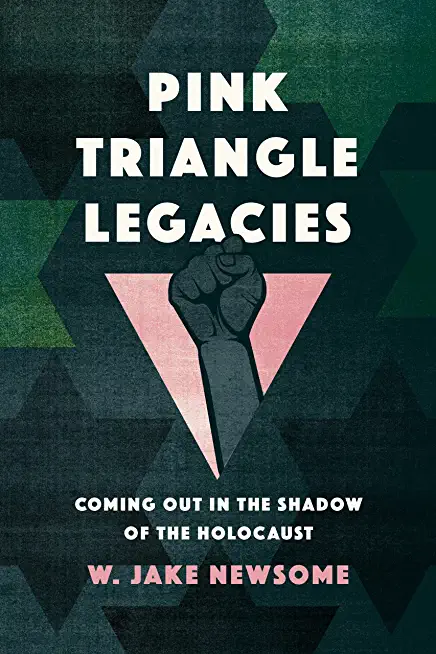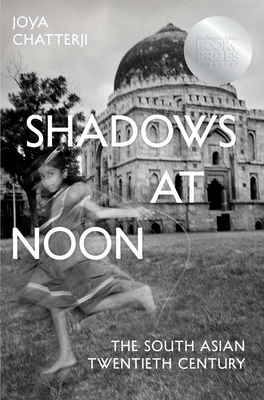
Newsome, W. Jake
The reclamation of the pink triangle occurred first in West Germany, but soon activists in the United States adopted this chapter from German history as their own. As gay activists on opposite sides of the Atlantic grafted pink triangle memories onto new contexts, they connected two national communities and helped form the basis of a shared gay history, indeed a new gay identity, that transcended national borders.
Pink Triangle Legacies illustrates the dangerous consequences of historical silencing and how the incorporation of hidden histories into the mainstream understanding of the past can contribute to a more inclusive experience of belonging in the present. There can be no justice without acknowledging and remembering injustice. As Newsome demonstrates, if a marginalized community seeks a history that liberates them from the confines of silence, they must often write it themselves.







